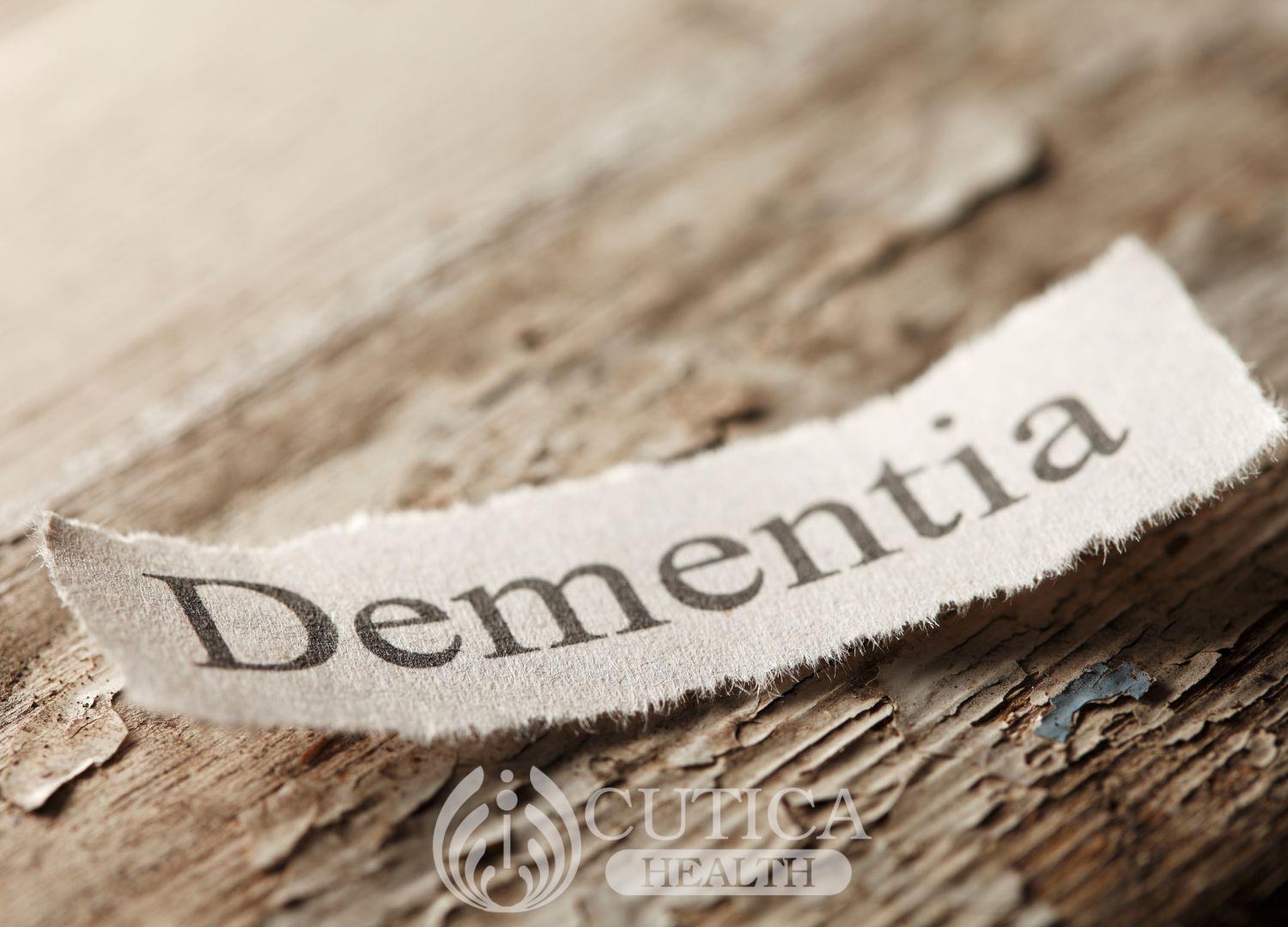
1 min summary:
Memory loss is a common problem. While this symptom may be worrisome, it does not always indicate presence of a health condition that needs treatment. Cases where it may be advisable to see a doctor include when memory loss persists despite corrective measures or when the symptoms are progressive.
Article
It starts with a few events that make the family laugh. You search hours on end for the car keys, only to find that they were left in a very obvious location, yet you end up being late for work. You misplace your smartphone and forget that there is a simple way to track it. While these go unnoticed, you start to worry when you forget a good friend’s birthday, or suddenly you cannot recall a phone number that you have had stuck in your head for years.
A declining memory function and general memory loss is a reality for millions of people. While often associated with problems like Alzheimer’s disease in older persons, there are many people who experience memory-related problems due to other issues. Researchers have noted a rise in the incidence of memory problems among the younger population as well.

How Are Memories Formed?
Memories play a crucial role in the everyday lives of humans. We rely on memories for a lot of things – remembering birthdays, names, phone numbers, past events – these all give meaning to our lives. Memories help to guide our behavior, and it assists with information processing in multiple ways.
There are different stages in which a memory is formed. The three types or steps that occur during the formation of a new memory include:
• Sensory register
• Short-term memory
• Long-term memory
The sensory register stage takes place within just a couple of seconds. Short term memory is often referred to as working memory as well. This is the type of memory that is stored for a temporary period of time. Not all memories will proceed toward the “long-term” stage, but those that do tend to stay stored in what some may refer to as a “memory bank.”
Long-term memory is also divided into multiple types. These typically include implicit and explicit memories. Additional categories include Episodic memories, as well as Semantic memories.

Why Does Memory Loss Occur?
Memory loss can affect anyone. Even though this is an issue that older people tend to experience more commonly, it is important not to overlook the fact that a lot of younger people also tend to have memory-related problems in the modern-day.
There are quite a large number of potential causes behind memory loss. In some cases, the reason why a person suffers memory problems may be due to the presence of an underlying disease……
Watch out later this week for the rest (Part 2) of this featured article.












